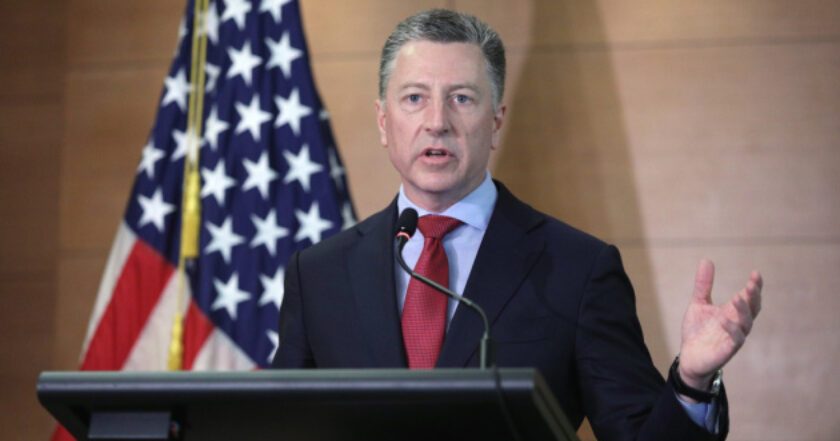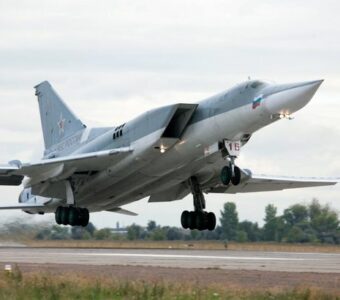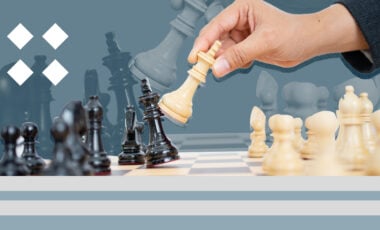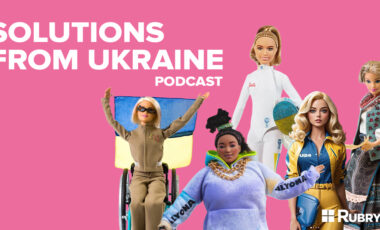Kurt Volker: Why Ukraine will win (and why the West should help now)

American diplomat, U.S. Special Representative for Ukraine in 2017-2019 states: "Ukrainians have already made the decision about their future — it's with the West. The only question is whether the West will listen, and help."
On January 31, the Center for European Policy Analysis published a piece by Kurt Volker with such a title.
"January 2022 ends with the greatest threat of a Russian invasion of Ukraine since the last time Russia invaded, eight years ago. While war may indeed be likely, dire predictions abound which underestimate the Ukrainian people. Yes – Russia may invade. But in the end, it is Ukraine that will prevail," Kurt Volker writes.
In the piece, the former U.S. Special Representative for Ukraine argues that although Russia has a temporary advantage, Ukraine will win the battle for its existence. Kurt Volker is actively calling on the West to come to the aid of Ukraine because, as he notes, "now is the moment" to act.
Here is the text of the column:
"Russia has a temporary advantage in the quality and mass of its armed forces, and the power of initiative. Ukraine and the world are preparing to react, but the West is scarcely proactive.
In the long run, however, Russia faces insurmountable disadvantages. Since Russia's last invasion in 2014 and its seizure of Crimea, a Ukrainian national identity has been re-forged in the crucible of self-defense. Ukrainians know who they are, who they are not, and they are prepared to fight. They will not accept a Russian takeover.
Young people especially — all of whom have either served on the front-line with Russia or know someone who has — are determined to build a westward-looking, democratic, and European Ukraine. (An opinion poll last month showed 67% of Ukrainians now favor European Union membership and 59% want NATO membership.) They represent the future of Ukraine, and Russia cannot change this.
The Russian people do not control their state: they are subjects. But the Ukrainian people do control theirs: they are citizens. This fundamental idea — that people choose their government, rather than the government ruling over its subjects – is deeply embedded in Ukraine today. It is not an idea that can be dislodged by foreign — i.e., Russian – military conquest. It is an idea that the Russian people believe in as well, but feel powerless to implement. It is also the heart of what defines the West.
Russia can indeed launch a blitz invasion and take a noticeable portion of Ukrainian territory. But Ukraine is a vast country with a population of some 40 million. A short-term take-over of some territory will be undermined by a long-term agony for Russia, as native Russian-speaking Ukrainians organize themselves to oppose the state of Russia's occupation of their homeland. How will Russian public opinion process this? What will they think about a KGB-elite's occupation of their own, Russian homeland? Perhaps, they may think, there is something better for Russia as well.
Because Ukraine exists as an independent national identity, one which sees itself as part of a greater democratic tradition of values and ideals, Russian occupation can never be successful. It was not successful during Stalin's attempt to starve off the Ukrainians in the 1930s, in which 3.9 million Ukrainians perished, and it will be less successful today. Indeed, Ukraine's resistance could be the spark that leads to serious resistance to authoritarianism in Russia.
So, despite the short-term pain, Ukraine will ultimately prevail in its struggle for existence against Russia, because of its commitment to core human values and its sense of identity as a nation. This is something the United States and its NATO allies — especially in Germany, France, and Italy must respect. This, after all, is the same impulse that assured their position as great nations today.
If the United States and its NATO allies indeed recognize that Ukraine will prevail in the long run, they should weigh in to help Ukraine today, not wait until tomorrow, or until after a Russian military invasion. We should help when our help will matter the most, not after the hard part is done and the dust settles.
Ukrainians are standing up for Western values and defending their country. When they ultimately prevail — and prevail they will — they will remember who took a risk to stand with them, and who stood aside.
If 'the only thing necessary for the triumph of evil is for good men to do nothing,' then we in the United States and Europe must indeed do something. Now is the moment."
NOTE: Ambassador Kurt Volker is a Distinguished Fellow at the Center for European Policy Analysis. A leading expert in US foreign and national security policy, he served as US Special Representative for Ukraine Negotiations from 2017-2019, and as US Ambassador to NATO from 2008-2009.
Kurt Volker is also one of the founders of American University Kyiv. You can read about the opening of an innovative university here.





















































